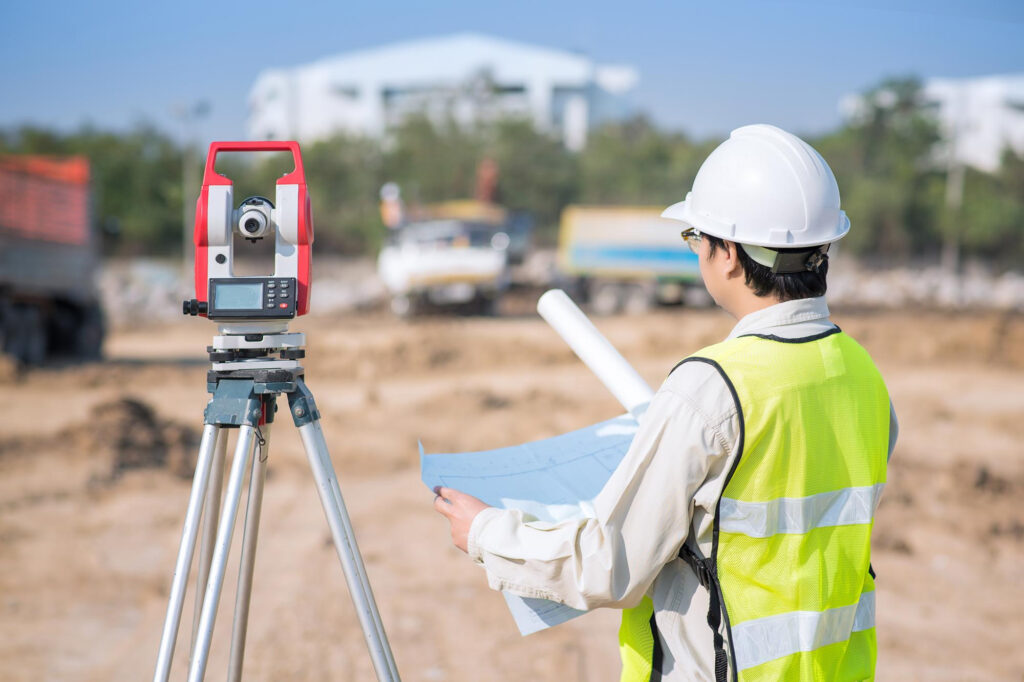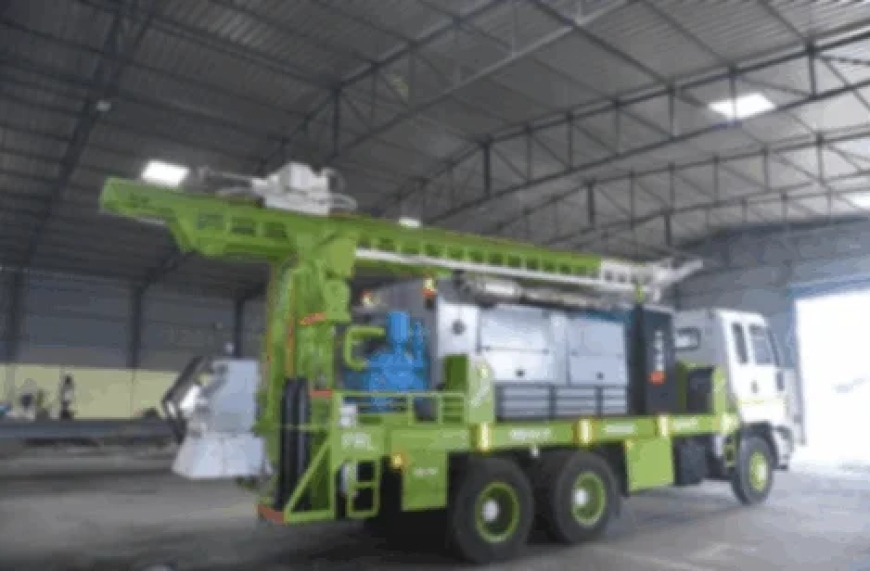Smooth transportation is a deciding factor in how successful a corporate event will be. corporate event transportation is the unsung hero, performing quietly behind the scenes to facilitate it all moving seamlessly. From picking the appropriate vehicles to arranging pick-ups and drop-offs, all the particulars have a function to play making it an experience free of inconvenience to guests. It is time-consuming work and a vital strategy to arrange the transport for your business event. Poor planning might bring about some kind of problem of transport and, therefore, create confusion and frustration along with causing delays.
- Why Corporate Event Transportation Matters: Corporate event transportation is more than simply moving individuals from point A to point B. It is also a component of the entire process of creating the event pleasant and hassle-free for all participants. The plan is to have each guest arrive on time at the destination, carefree, and relaxed. The last thing you would ever want is to have guests stressed or delayed, which affects the general impression of the event. Good transportation arrangements come a long way to guest satisfaction, leaving the guests to concentrate on the event and not on its logistics.
- Finding the Needs of the Event: Before entering planning the transport arrangements, one must understand the size and nature of your event. Every event is unique, as are its transport needs. Big conferences or meetings may need coaches driven by buses, whereas tiny conferences may be driven by taxis or luxurious vehicles. Finding out how many cars are required to carry tourists, how far each of them has to travel, and how accessible the site is will assist in concluding the mode of transport that would work best. Regardless of whether it is a half-day seminar, a networking session, or a business lunch, each of these events would have different demands for transportation.
- Planning the Pickup and Drop-off Points: The stations should be easily located by all visitors and have easy directions. If the event is being held in a large facility, you must have defined pick-up and drop-off points that are readily visible. Easy directions and personnel to guide visitors can avoid confusion. Also, ensure that the points are close to the event venue area to reduce walking distance, particularly for mobility-impaired guests. Proper planning of these points ensures all the guests are punctual and stress-free.
- Handling Transportation Staff and Drivers: Your drivers need to have experience and familiarity with the location and should be able to deal with any traffic concerns that may arise. Kind and respectful drivers who can provide help to the guests with whatever they might need for their transportation will assist in making the experience pleasant. It also helps to have event staff present at the main hubs such as transportation terminals or pickup points. They will assist in directing guests, answering queries, and ensuring things run according to plan for the day.
- Managing Unexpected Changes or Difficulties: With the best planning, there will always be some degree of probability that something goes awry on the event date. Traffic hold-ups, bad weather, or other changes of an unexpected sort can all make a mockery of even the best-laid plans of transport timetables. This is why planning alternatives should always be prepared for. You must also have standbys or backup routes to avoid possible delays. Having a backup crew ready to take on any last-minute adjustments will also ensure that the effect of any surprises is kept to a minimum. Flexibility is truly necessary in coordinating transportation for corporate events.
- Post-Event Evaluation and Feedback: After the event, an assessment needs to be done on whether or not the transportation plan was effective and receive some feedback from the attendees. It can be done through questionnaires or just by discussing with them an idea of what was successful and where there is room for improvement in the future. Looking at how smooth the transportation logistics have been is an indicator of where the smoothness can be optimized, be it by the vehicle being utilized, scheduling, or messaging. Constant monitoring and ongoing changes can be used to enhance the transport experience of the guests to bring about even bigger corporate events in the future. Coordinating corporate event transportation is not something to be taken lightly, but properly planned and executed, it can make or break the event’s success.
In conclusion, a successful corporate event transport has the visitors where they want to be, in comfort, on schedule, and ready to engage with the event itself. By paying attention to important issues of vehicle type, timing, communication, and accessibility, you can make certain that each experience is smooth for all guests. The need for practical, convenient transport cannot be emphasized enough as it shows that your company is concerned with professionalism and provides an idea of where the event is going. For firms that need group transportation services boston, such factors in place can result in a more enjoyable and productive experience.



